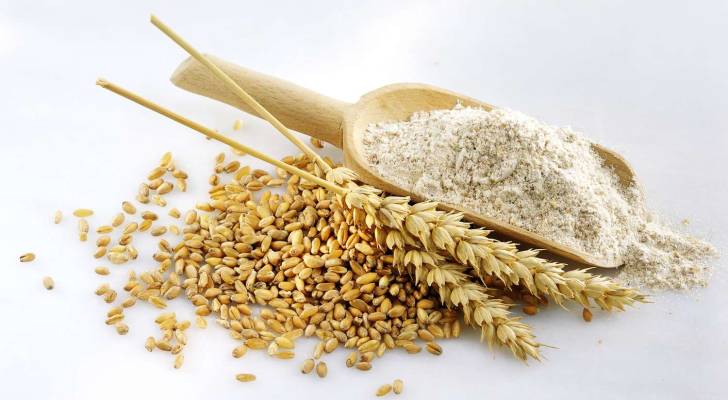Wheat and flour (Credit: Getty Images)
Jordan raises wheat prices for April
The Ministry of Industry, Trade, and Supply raised the selling price of standard wheat for April, increasing it by JD 4.85 per ton. The new price stands at JD 172.195 per ton, up from JD 167.345 in February and March.
This increase applies to wheat produced by private-sector mills and the state-owned Juwaideh Mill. The decision, issued under Resolution No. 37 of 2025, also includes a JD 3.783 hike in the selling price of wheat supplied to all mills across the Kingdom. The updated wheat price is now JD 139.920 per ton, up from JD 136.137 in the previous two months.
Mills are required to supply registered bakeries with all of their flour needs based on approved allocations. Failure to comply will result in a penalty price of JD 252 per ton for any excess or unauthorized sales—a slight decrease from the penalty rate applied in previous months.
The ministry reaffirmed that these wheat price adjustments will not affect the cost of bread for consumers. Bread prices have been fixed since 2018 at 32 piasters for large pita bread, 40 piasters for small pita bread, and 35 piasters for taboon, mashrouh, wardeh, and man'ousheh breads.
The decision also maintains extraction rates at 78 percent for standard flour and 22 percent for bran, with specifications for other flour types aligned with national standards.
These changes are part of the ministry’s monthly pricing mechanism, which adjusts flour prices based on fluctuations in fuel costs. Prices are raised when diesel prices fall and lowered when fuel becomes more expensive. The pricing structure follows a 2019 Cabinet decision to liberalize flour and bread pricing while ensuring regular updates in response to economic shifts.
Jordan consumes approximately 90,000 tons of wheat and 52,000 tons of standard flour each month. The ministry continues to issue regular tenders to secure wheat imports and maintain sufficient strategic reserves for the local market.




